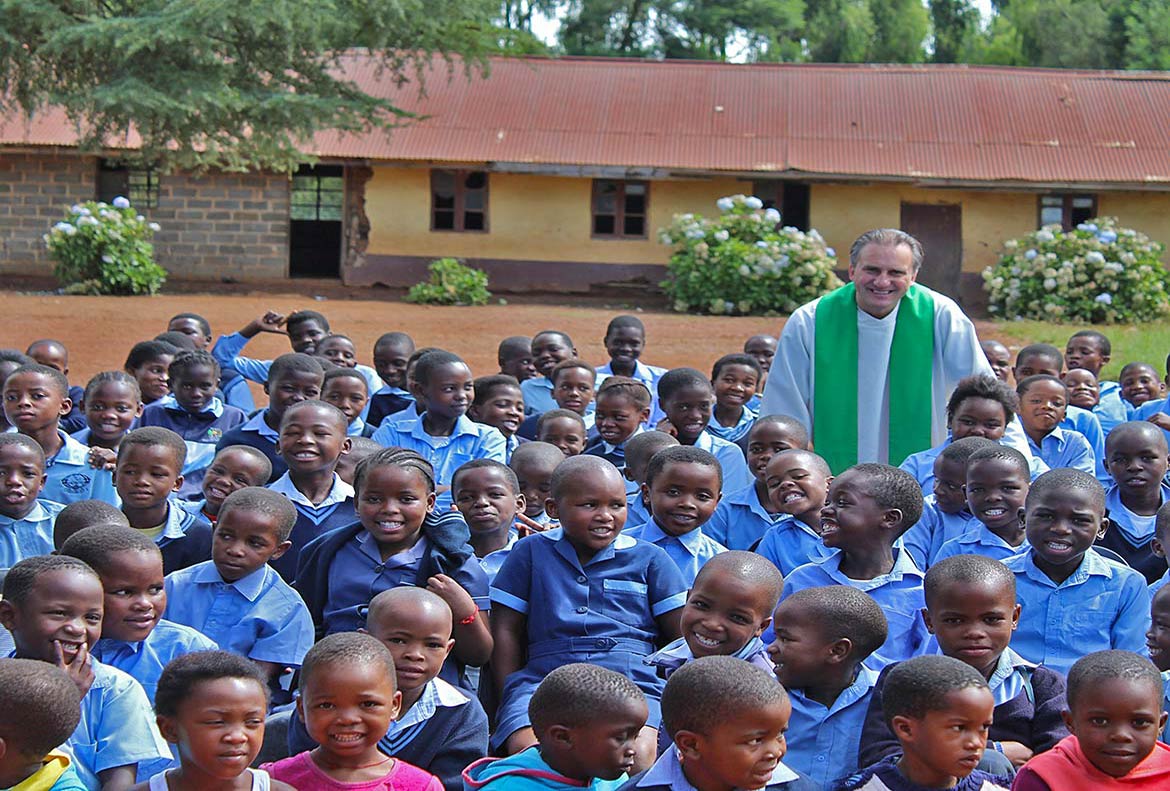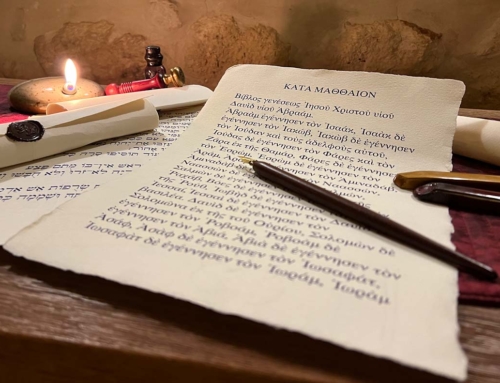Gloria Mjoli was born in Moyeni, a typical Zulu village near Lourdes Mission, where we began our work in South Africa. She joined our community, Koinonia John the Baptist, and started praying with the Bible daily, as members of Koinonia do worldwide. Gloria also became a caregiver for the Koinonia Orphans Project, looking after around thirty orphaned children, providing basic assistance, and engaging in social work at the Mission.
A few years ago, Gloria experienced what the locals refer to as an ancestral calling. In Zulu culture, and many other African cultures, communication with ancestral spirits is common. Local shamans, known as Sangoma in Zulu, are considered mediums chosen by the ancestors to bring healing and guidance to the community. This calling is usually accompanied by sickness and visions of spirits, believed to be ancestors, summoning individuals to become Sangoma. The process of becoming a Sangoma takes about a year and involves various initiation rituals, including animal sacrifices. During this process, candidates are not allowed to participate in the sacramental life of the Church. Gloria did not want this.
Despite intensifying her prayers, the attacks grew stronger. She felt increasingly sick, and the visions of spirits became more persistent. She felt as if she was losing her mind. One particularly troubled night, she decided to pray to the Holy Spirit for help. While praying and singing to the Holy Spirit, she heard a voice instructing her to go to the Mission. I remember that night vividly, as Gloria’s screams woke us at 2 am. We prayed for her, and the attacks ceased for a few days, but then they resumed. After a few weeks, I went to bless her family and household. Following that blessing, all the attacks stopped for good. Gloria finally felt completely free, healthy, and happy. She is now one of the most zealous evangelisers and catechists at the Mission, testifying to Christ’s power and the newness of life in the Holy Spirit.
Local people are very open and sensitive to the spiritual world, but what needs to be developed is the discernment of spirits. St. John urges that we must not believe every spirit but test the spirits to see whether they are from God (John 4:1). We need to develop principles to help in discerning spirits and provide direction to the local community so they might discover the power of salvation given to us in Christ and His Spirit.
Fortunately, more and more, we hear testimonies from local people who have discovered Christ’s love, the beauty of the Gospel, and the freedom it brings. They are the leaven of the local community, witnessing to the new life that Christ offers. They practise true inculturation by discerning ways to live their local culture in its beauty and richness, as well as in freedom in Christ and obedience to His Spirit.
F. Michał Wojciechowski










